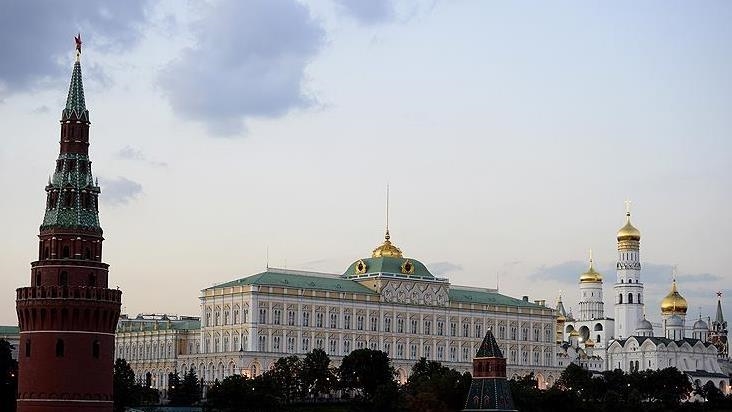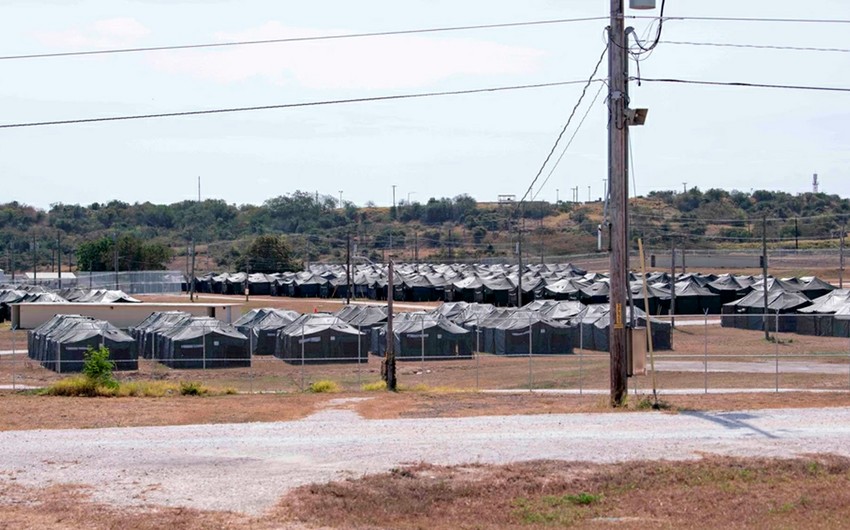As the Israeli-Iranian conflict intensifies, concerns arise over the stability of the Middle East and its impact on global markets. Following Iran's recent airstrike on Israeli territory, Western countries contemplate imposing new sanctions on Tehran, sparking debates over their potential efficacy.
In an interview with Ednews, Hungarian political scientist Vasa László expressed skepticism about the effectiveness of Western sanctions on Iran's economy. László argued that while some voices advocate for sanctions, their impact would likely be minimal, merely serving as symbolic gestures. He pointed out Iran's resilience under decades of sanctions, noting its continued development of modern weapons and nuclear programs.
László further highlighted the ineffectiveness of Western sanctions on Russia, suggesting that Iran's existing economic ties with Russia and China would mitigate the impact of additional sanctions from Western nations.
Addressing the immediate repercussions of the Iran-Israel conflict, László acknowledged the potential short-term increase in oil prices but suggested that markets could stabilize if further escalation is avoided. However, he cautioned that ongoing conflicts in the Red Sea and Gaza, coupled with the Iran-Israel tension, could breed fear and uncertainty in the markets.
While acknowledging Iran's significance in the oil market, László emphasized that global oil supply is not solely reliant on the region, tempering concerns over potential disruptions.





.jpeg)

.jpeg)


